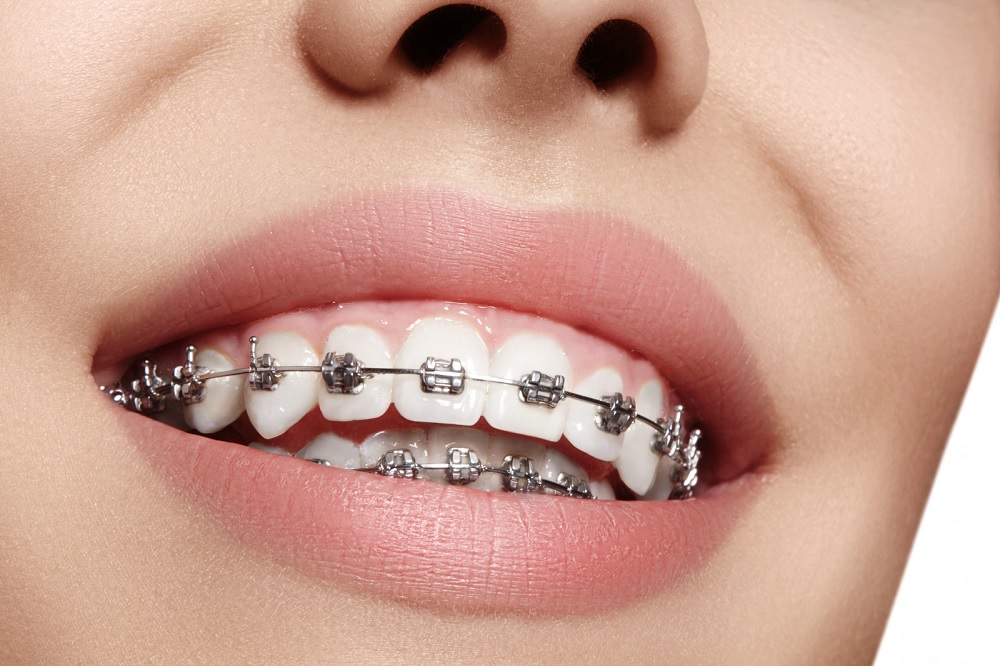Dental health is an essential aspect of our overall well-being, often overlooked or taken for granted. While many associate dental care solely with a sparkling smile, the truth is that it extends far beyond aesthetics. The state of our oral health has a direct impact on our physical, mental, and even emotional well-being. In this article, we will explore the significance of dental health and shed light on the crucial role it plays in our lives.
First and foremost, maintaining good dental hygiene prevents a wide range of oral diseases. Cavities, gum disease, and bad breath are just a few common issues that can arise from neglecting our oral health. These conditions not only cause discomfort and pain but can also lead to more serious complications if left untreated. By practicing regular brushing, flossing, and visiting the dentist, we can significantly reduce the risk of developing these problems and ensure a healthier mouth.
Furthermore, oral health is closely linked to our overall physical health. Scientific research has established strong connections between poor dental hygiene and various systemic conditions. Heart disease, diabetes, respiratory infections, and even certain types of cancer have been linked to oral health issues. This is primarily due to the bacteria and inflammation associated with gum disease, which can enter the bloodstream and affect other parts of the body. By maintaining a healthy mouth, we can potentially reduce the risk of developing these systemic conditions and improve our overall health.
Beyond physical health, dental well-being has a profound impact on our mental and emotional state. Oral problems can cause chronic pain, discomfort, and difficulty in eating, speaking, or smiling. These issues can lead to a decline in self-esteem, social isolation, and even depression. A healthy and attractive smile, on the other hand, boosts confidence, enhances our interpersonal relationships, and positively impacts our mental well-being. Taking care of our teeth not only provides physical benefits but also contributes to our emotional happiness and overall quality of life.
In addition to personal benefits, dental health has societal and economic implications. Poor oral health can lead to increased healthcare costs, both for individuals and healthcare systems. Treating advanced oral diseases often requires extensive dental procedures, surgeries, and long-term management. By prioritizing preventive dental care, we can minimize the need for costly treatments, reduce the burden on healthcare systems, and allocate resources more efficiently. Moreover, maintaining good oral health allows individuals to perform optimally in their personal and professional lives, leading to increased productivity and overall societal well-being.
Lastly, it is crucial to recognize that dental health begins in childhood. Establishing good oral hygiene habits from an early age sets the foundation for a lifetime of healthy smiles. Parents and caregivers play a vital role in educating children about the importance of dental care, guiding them in proper brushing and flossing techniques, and scheduling regular dental check-ups. By instilling these habits in the younger generation, we can create a future where dental health is valued and prioritized.
In conclusion, dental health is not just about having a beautiful smile; it is a gateway to overall well-being. By maintaining good oral hygiene, we can prevent oral diseases, reduce the risk of systemic conditions, improve our mental and emotional state, and positively impact society as a whole. Let us recognize the significance of dental care and make it a priority in our lives. Remember, a healthy mouth leads to a healthier and happier you.





